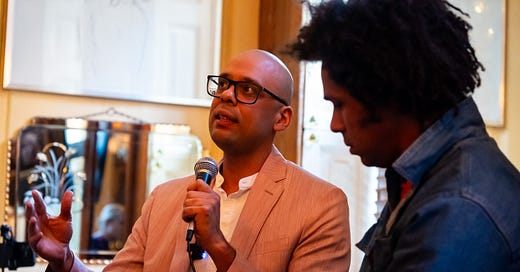Our recent event brought together three brilliant thinkers to explore the cultural, political, and ideological shifts shaping the post-woke era. Journalist Helen Lewis chaired a compelling conversation with sociologist Musa al-Gharbi and writer Ralph Leonard about the meaning of wokeness, its rise and decline, and what might replace it. Below are some highlights from the conversation.
Defining “Wokeness”
Musa al-Gharbi deliberately avoids offering a fixed definition of wokeness in his book, arguing that the term is too politically and culturally contested to pin down precisely. Instead, he charts how the meaning has shifted over time, comparing it to “political correctness” in the 1980s and 1990s—terms that were once used affirmatively and later adopted primarily as pejoratives.
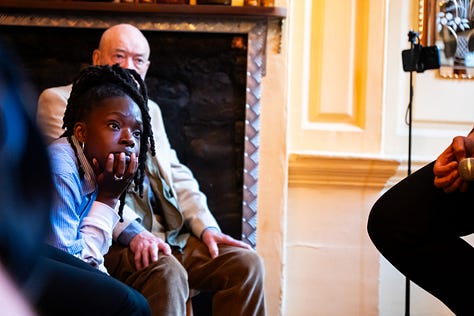
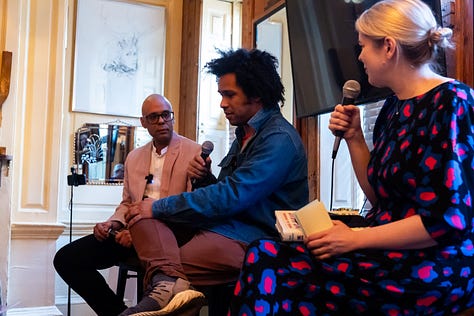
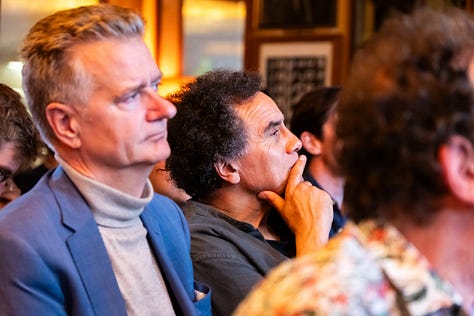
The Rise of the Symbolic Class
Al-Gharbi’s real focus, however, is less on cultural rhetoric and more on the professional elite driving it: what he calls symbolic capitalists.
These are people who make a living producing and manipulating information—journalists, academics, consultants, tech workers, and others in the so-called “knowledge economy.” According to al-Gharbi, this group tends to:
Command higher-than-average pay, prestige, and autonomy,
Self-identify as progressive or left-leaning,
View their work as inherently altruistic or justice-oriented.
“We’ve justified our influence and privilege by promising to deliver equity and inclusion. But those promises haven’t materialised.”
Despite their rhetorical commitments to social justice, symbolic capitalists have often presided over rising inequality and political polarisation.
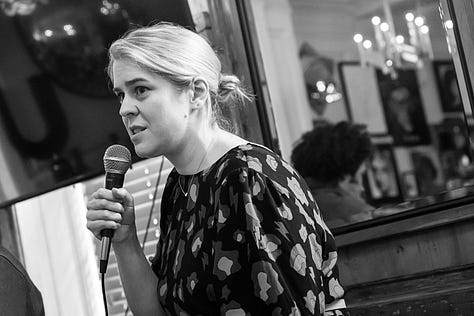
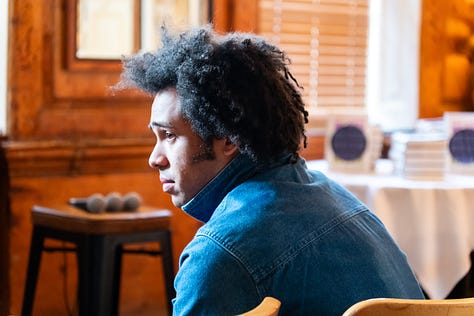
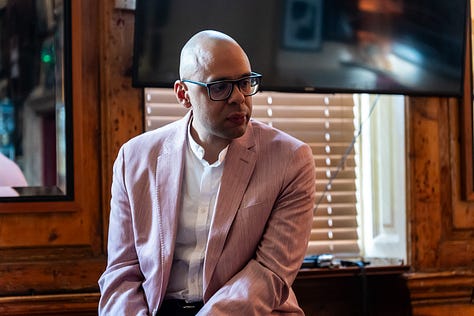
The Woke and the Anti-Woke
A major thread in both the book and the discussion was the mirror-image dynamic between “woke” and “anti-woke” actors—particularly within the same symbolic elite.
“The anti-woke right often engages in the same performative politics they criticise. They just rebrand the grievances.”
Whether in legacy institutions or in newly emerging alternatives (e.g., right-wing podcasts, media platforms, and think tanks), symbolic capitalists across the ideological spectrum tend to engage in symbolic, highly online politics that do little to materially improve conditions for the most marginalised.
What Happens After Woke?
The panellists explored several possibilities for the future:
Right-wing populism: As seen in the rise of Trump-era politics and global populist movements, cultural overreach from the left often creates openings for reactionary politics.
Alternative institutions: As mainstream trust declines, we see the rise of independent (and often ideologically driven) media ecosystems that thrive on institutional critique.
Cultural fatigue: A general retreat from hyper-moralised discourse may be underway, especially as progressive language loses potency and salience.
The video is available to watch on YouTube. Paid subscribers have access to the uncut version here.

